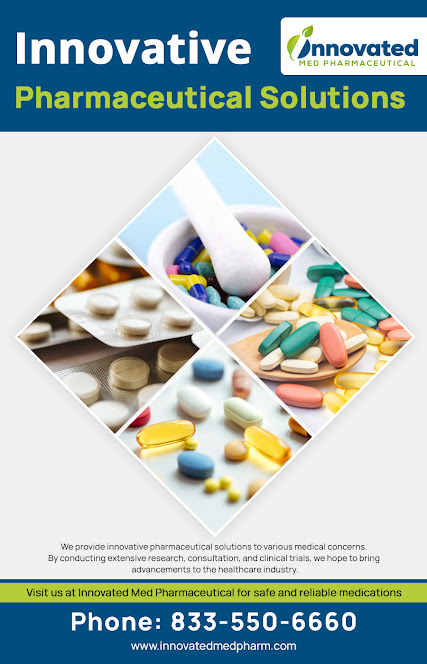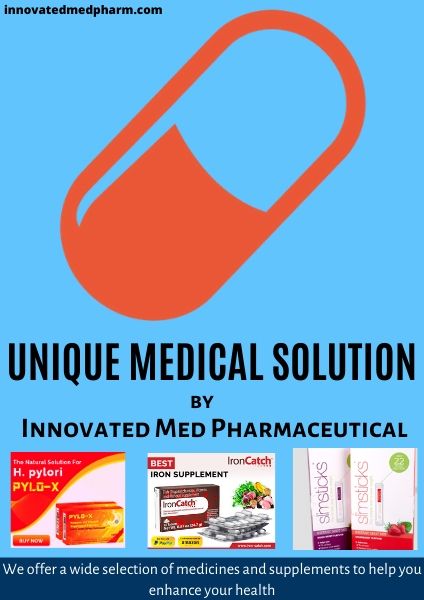How beneficial are the dietary supplements?
Most adults take some kind of dietary supplements that are available over the counter but did you ever ask yourself if these products are right for you? The obsession with supplements are such that it has turned into 30 billion dollars industry a year and the most popular ones are the multivitamins.
It has been found that vitamin deficiencies are very commonly linked with some chronic diseases. In fact, even the health care providers have also prescribed for supplementation that may help and let you have a complete diet. You will never get all the nutrients that are required and that is when multivitamins come in. The innovative pharmaceutical solutions produce vitamin supplements and many other dietary supplements that provide an advanced nutrition those who are not always able to have a balanced diet.
What science tells us?
Dietary supplement is an overall term which includes everything from different types of vitamins to minerals. Most commonly used ones are vitamin d, vitamin c, calcium, iron and other multivitamins. However the truth is none of them can actually help in preventing any cardiovascular diseases. Then the question comes why people think that they are beneficial? While they definitely can show a basic nutritional deficiency, they also have a possible placebo effect where they feel better after taking them regularly. It is very important to understand the actual deficiency otherwise the entire balance can be very mismatched.
The greatest issue with supplements is that they are not generally regulated by the FDA; this means, with limited regulation and oversight, it is hardly possible to say with certainty what are the ingredients and if they are free of contaminants.
But it's not all that bad news. For instance, researches show that folic acid and b complex vitamins can contribute in reducing the risk of stroke. Also, it has been shown in studies that daily multivitamin can lower the risk of cancer and also reduce the risk of cataracts.
The role of supplements in high risk groups
The various nutritional supplements play a vital role in the high-risk groups. For instance, the adults who are diagnosed with osteoporosis might require extra vitamin d and calcium. Supplements,. Once prescribed by the health provider can help people with celiac disease or crohn’s disease often people suffering from vitamin b12 deficiency will need the supplement to get cured. It has been seen in some researches that a formula of vitamin E, vitamin C, zinc, carotenoids and copper can help to reduce the progression of age-related macular degeneration that is a very important contributing factor for loss of vision amongst adults. Also people who are lactose intolerant and cannot take calcium or vitamin D because they cannot intake dairy products can benefit from these supplements. That said, it is important to have food like whole grain, saturated fat and omega 3 fatty acids in your diet.
To keep up the nutritional value, cereals, bread, whole milk, poultry skin, coconut oil, salmon, mackerel, tuna, flaxseed, walnuts are some of the foods that provide these nutrients. Whether or not you need vitamin supplements, it will depend on your body conditions. It is always wise to speak to healthcare provider before taking a regular course on the same.
To know about how they are working, visit https://www.innovatedmedpharm.com/.




Comments
Post a Comment